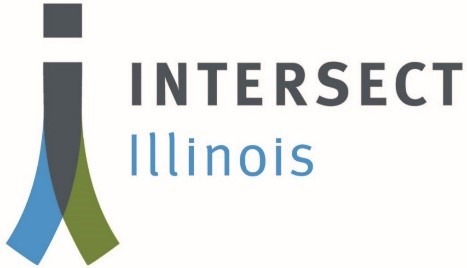Q: Under the proposed “vaccinate or test” requirement for companies with 100 or more employees, can employers adopt a stricter approach and mandate COVID-19 vaccinations without a testing option?
A: Yes, the federal OSHA Emergency Temporary Rule (ETS) will be the legal floor. Private employers can always implement stricter COVID-19 protocols (i.e., vaccination alone) than what is minimally required, subject to applicable state law limits. However, testing as an alternative to vaccination could be a potential disability or religious accommodation.
Q: Won’t vaccination exceptions for disability and religious accommodations create a massive loophole that essentially swallows the rule?
A: There is that potential, depending on how employers administer the accommodation process, develop forms and address requests. However, under the Americans With Disabilities Act (ADA) and Title VII, there are legal limits, such that a proposed accommodation can be denied when it would impose an “undue hardship” on the employer or a significant risk of substantial harm to the health or safety of the employee, the employee’s co-workers, customers or others that cannot be eliminated or sufficiently reduced by reasonable accommodation. Further, the undue hardship test under Title VII for religion is different (and lesser) than the test under the ADA — i.e., triggered when an employer is forced to undertake “more than a de minimis cost.” This can potentially include economic costs (such as lost business or hiring additional employees) and non-economic costs (such as compromising the integrity of a seniority system, increasing safety risks, or increasing the risk of legal liability from employees, customers and others).






